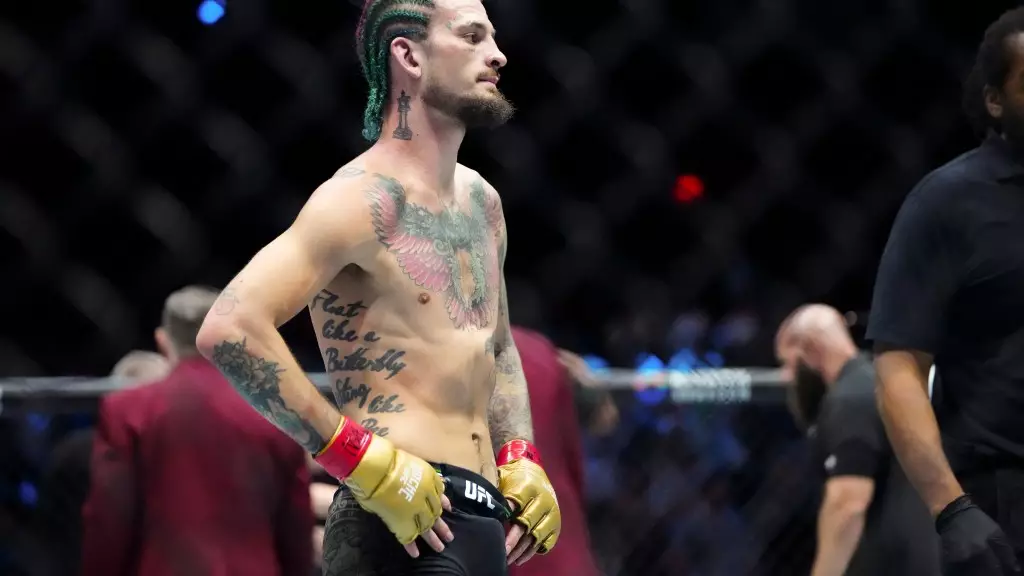The recent clash between Sean O’Malley and Merab Dvalishvili at UFC 306 has set off a wave of criticism towards Coach Tim Welch, particularly focusing on his approach in O’Malley’s corner during the high-stakes bout. Many believe that Welch failed to grasp the gravity of the situation as his fighter found himself in a challenging position, culminating in a unanimous decision loss that saw O’Malley relinquish his bantamweight title. This article delves into the intricacies of coaching, fighter psychology, and the pressures of championship bouts in the UFC.
One of the most talked-about points following the fight was Welch’s perceived lack of urgency. Matt Serra, a prominent figure in the MMA community and Dvalishvili’s coach, criticized Welch for not instilling a sense of immediacy as the fight wound down. In moments of high pressure, the role of a coach is to motivate and guide, especially when a fighter is trailing on the scorecards. Welch’s remarks during the fifth round—where he stated, “we are almost done with this”—have been interpreted as lackadaisical. Instead of rallying his fighter to mount a comeback, it sounded dismissive, leading to fierce backlash from fans and analysts alike.
In battling the criticism, Welch has offered his explanation of the contentious remarks. He asserts that his comments were meant to keep O’Malley grounded and optimistic, indicating that a turnaround was possible. However, this raises an important question: how well can a coach read situation dynamics from the corner? Welch’s defense—that he meant to reassure his fighter—is undermined by the reality of the sport; sometimes, perceptions matter more than intentions. In the world of professional fighting, split-second decisions and conversations can change the trajectory of a fighter’s outcome, making effective communication crucial.
Adding another layer to the unfolding narrative is O’Malley’s medical situation; he is scheduled for hip surgery to repair a torn labrum incurred weeks before the fight. This injury could have significantly impacted his performance, yet one wonders whether it serves as a convenient excuse for a more profound issue—whether O’Malley and Welch’s strategy was sound to begin with. Welch remains optimistic about O’Malley’s ability to bounce back, highlighting that losses are part of a fighter’s journey and consistent with competing at elite levels.
Despite the current turmoil, Welch maintains that every fight for O’Malley is an opportunity—one that will likely attract attention and generate excitement akin to bouts involving popular fighters like Nate Diaz or Jorge Masvidal. For O’Malley, a return to the octagon post-recovery will need to be paired with careful analysis of past mistakes. Both he and Welch must harness this experience to propel O’Malley back into title contention while also satisfying their global fanbase.
The narrative surrounding O’Malley’s loss at UFC 306 isn’t just about the fight itself—it’s about the nuances of coaching and mentorship under pressure, the psychological aspect of combat sports, and the journey toward resilience in the face of adversity. As they prepare for the future, Welch and O’Malley must learn from this experience, not just to recover from defeat but to emerge stronger and more united.

